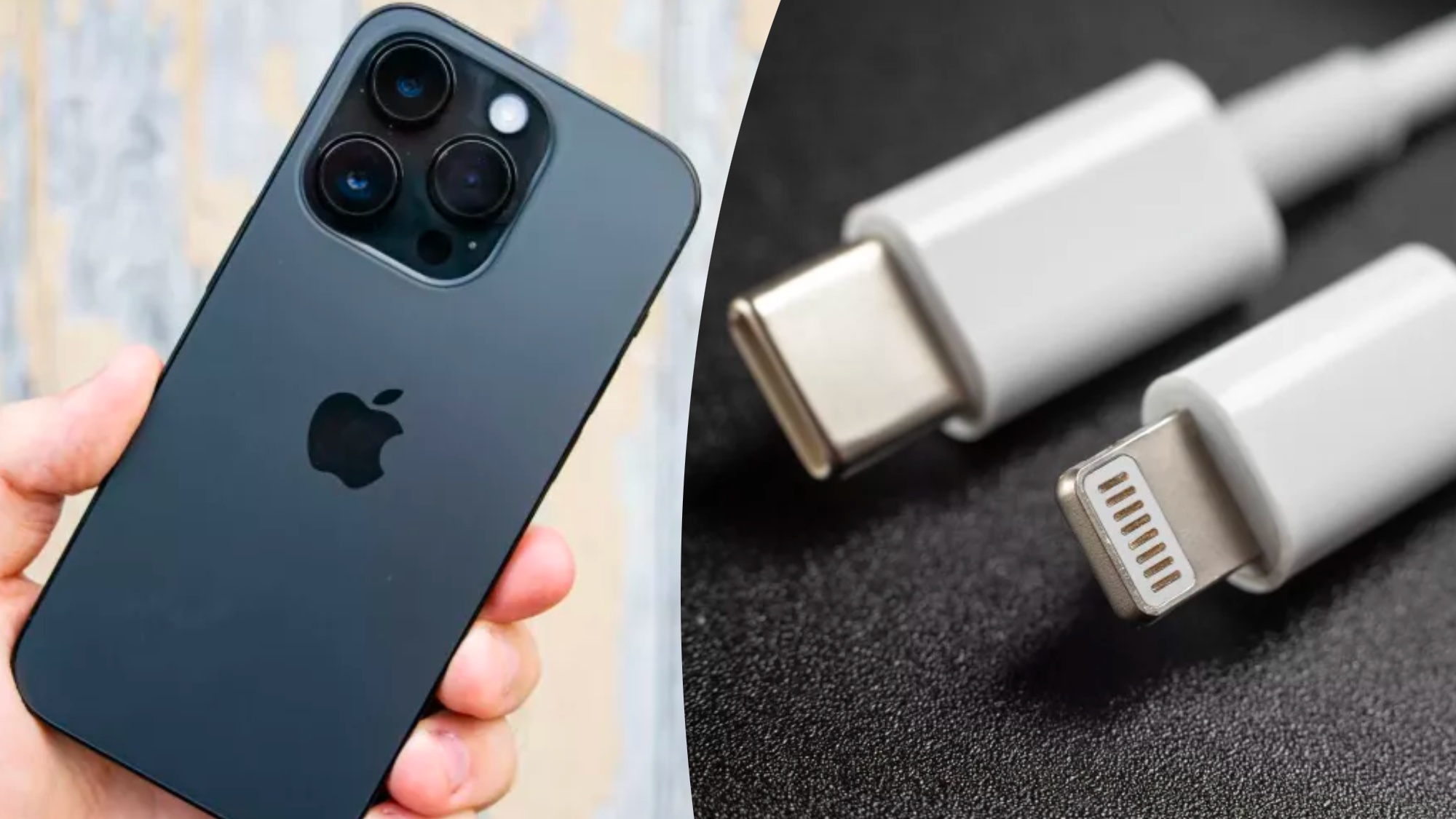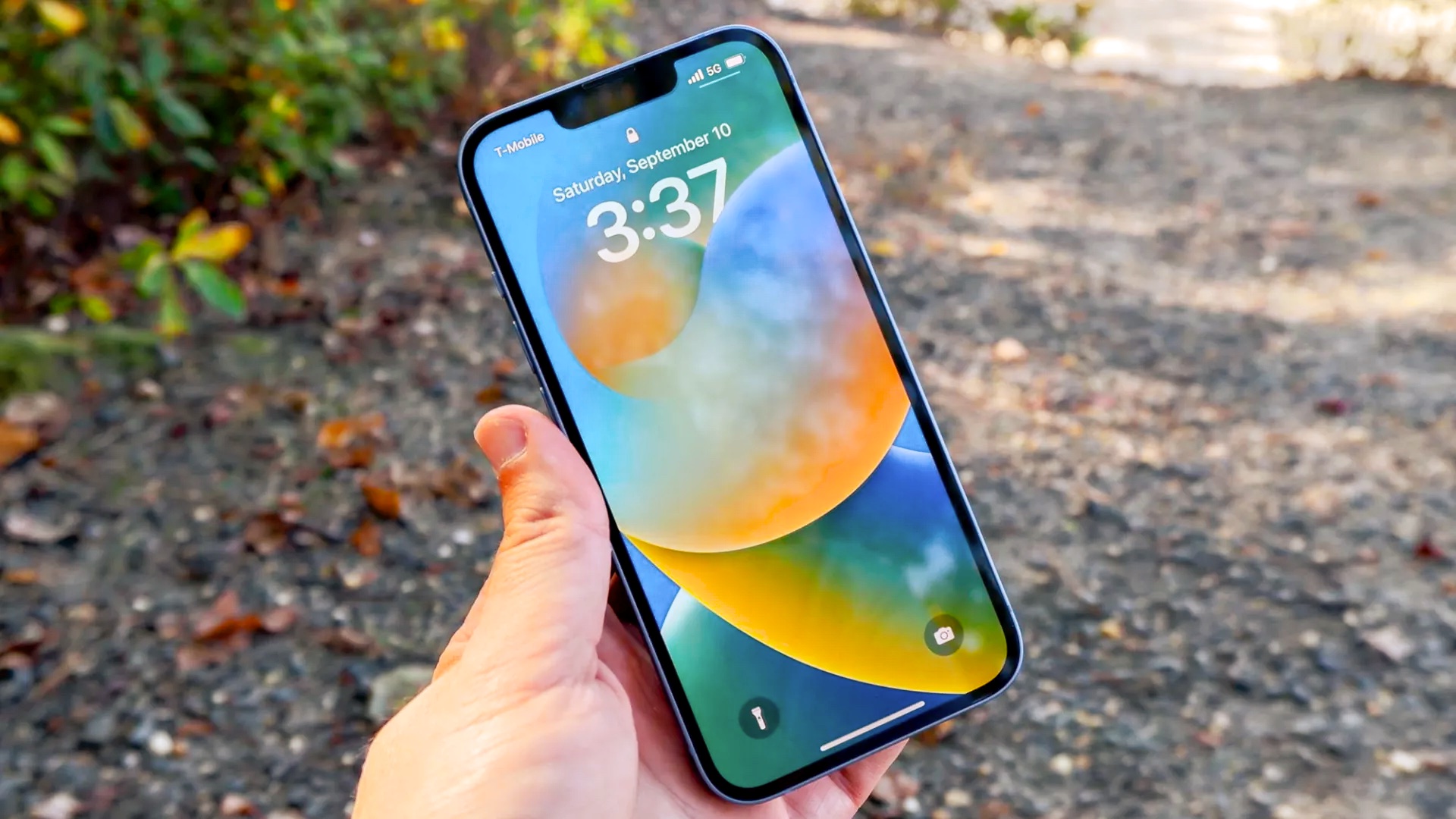Apple’s rumored plans to 'walled garden' USB-C on iPhone 15 could break the law
Apple's alleged 'Made for iPhone' push may not align with EU rules

The iPhone 15 and iPhone 15 Pro lineup is widely expected to launch with USB-C when it arrives in the fall. This is in order for Apple to comply with a new EU law stipulating manufacturers adopt the USB-C open standard for their devices.
But rumors have suggested Cupertino may implement its MFi (Made For iPhone) certification process on USB-C accessories to effectively create a tiered system for cables and accessories.
Since 2012, a tiny circuit in Apple’s devices grants MFi accessories their full potential when it comes to charging and data transfer. Non-certified, third-party products may not function as well or even be compatible with iPhones as a result.
However, a bit of digging from Laptopmag.com found this approach could land Apple in hot water with EU lawmakers. An EU research dossier forming the basis for the ground rules that manufacturers (including Apple) will need to follow explains:
Harmonising fast charging technology will help prevent different producers unjustifiably limit the charging speed and will help to ensure that charging speed is the same when using any compatible charger for a device.
EU press release
“The maximum power should express the sum of the power required by the radio equipment to maintain operation and the power required to achieve the maximum charging speed.”
Want a little more clarity on that? The EU directive itself states: Mobile phones and similar radio devices, if they are capable to be recharged via wired charging, are equipped with USB Type-C receptacle and, if they also require charging at voltages higher than 5 volts or currents higher than 3 amperes or powers higher than 15 watts, incorporate the USB Power Delivery charging communication protocol.
Furthermore, in a press release put out back in October, the EU wrote: “Harmonising fast charging technology will help prevent different producers unjustifiably limit the charging speed and will help to ensure that charging speed is the same when using any compatible charger for a device.”
Get instant access to breaking news, the hottest reviews, great deals and helpful tips.
Therefore, if Apple decided to add a gateway in the form of MFi to USB-C accessories it could be seen to be circumventing the legislation even though it's complied by adding USB-C to the iPhone.
How Apple could implement 'Made for iPhone'

Apple may decide, for example, that all non-MFi cables would only charge the iPhone 15 Pro at 15W while MFi-accredited ones would work up to 27W (the current charging speed for iPhone 14). That would be disregarding the above point mentioned in the research dossier about unjustifiably limiting charging speed.
Additionally, the legislation doesn’t mention data transfer, so that could be another potential avenue for Apple to lock down a USB-C iPhone 15 were it so inclined.
Although it would break the law, would such a move by Apple help or hinder consumers?
The company could make a case for the former. The company could argue uncertified USB-C cables may be dangerous and could damage either the iPhone or the user. It’s likely a fair number of people would happily pay a bit extra for a MFi cable for peace of mind — even if that goes against what the EU is trying to achieve with its “harmonisation”.
It’s worth noting that Apple hasn’t included any kind of authenticator chip to either the iPad or MacBook lineups when they switched to USB-C. Although neither of those product classes generates nearly as much revenue as the iPhone does. One way or the other, it’ll be intriguing to see how Apple handles the change.
More from Tom's Guide
- iPhone 15 Pro rumors — everything we know so far
- The best phones you can buy right now
- This underrated iPhone feature completely blocks ads in Safari

Jeff is UK Editor-in-Chief for Tom’s Guide looking after the day-to-day output of the site’s British contingent.
A tech journalist for over a decade, he’s travelled the world testing any gadget he can get his hands on. Jeff has a keen interest in fitness and wearables as well as the latest tablets and laptops.
A lapsed gamer, he fondly remembers the days when technical problems were solved by taking out the cartridge and blowing out the dust.
 Club Benefits
Club Benefits





